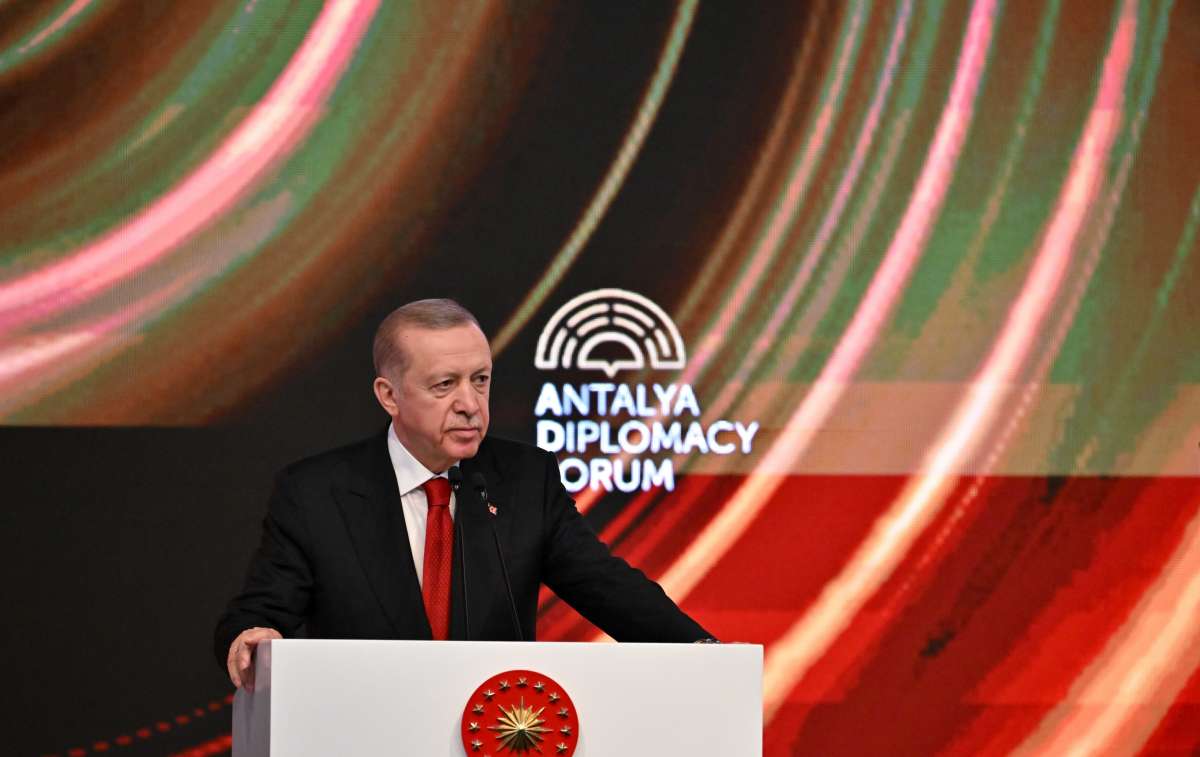In response, ASICS is recognising and amplifying the positive impact of individuals and grassroots organisations who are breaking barriers for women in sports, to support, empower and inspire more women to move…reports Asian Lite News
Ahead of International Women’s Day, Japanese sportswear brand ASICS unveils the results of their unique global study on the gender exercise gap, reaffirming the positive correlation between women’s exercise levels and their mental well-being, with women reporting they’re 52 percent happier, 50 percent more energised, 48 percent more confident, 67 percent less stressed and 80 percent less frustrated when regularly exercising.
The study which was led by renowned academics Dr. Dee Dlugonski and Professor Brendon Stubbs, and commissioned by ASICS on 24,959 people, alarmingly found that over half of women globally are dropping out or stopping exercise completely, which is negatively impacting their state of mind.
In response, ASICS is recognising and amplifying the positive impact of individuals and grassroots organisations who are breaking barriers for women in sports, to support, empower and inspire more women to move.
Tomoko Koda, Managing Executive Officer for ASICS said, “ASICS was founded on the belief that sport and exercise benefit the body and the mind. It’s why we’re called ASICS: ‘Anima Sana in Corpore Sano’ or ‘Sound Mind in a Sound Body’. While our study found that many women are not happy with their exercise levels, it also uncovered the tremendous impact that individuals and grassroots organisations are having in helping women to move.
“By launching Move Her Mind, we hope to give these remarkable people a platform, to connect and inspire others, so everyone can achieve a sound mind in a sound body. It’s time more women and girls experience the positive physical and mental benefits of exercise. It’s time for change. It’s time to Move Her Mind.”
Worryingly, the global study revealed that over half of women are unhappy with their exercise levels. All women are experiencing barriers to exercise throughout their lifetime, from time pressures (74 percent) and low self-confidence (35 percent) to intimidating environments (44 percent) or not feeling sporty enough (42 percent).
What’s more, almost two-thirds (61 percent) of mothers cited motherhood as the primary reason they dropped out of doing regular exercise or sport altogether, showing the impact that caregiving responsibilities are having on women’s activity levels. Focus group participants frequently described how societal expectations about gender roles, including that women should bear the majority of family caregiving, and household responsibilities played a major part in them stopping exercise.
Interestingly, men’s perceptions of the challenges women face were different from the reality. Only 34 percent of men recognised lack of time as a barrier to exercise for women, despite three-quarters (74 percent) of women citing the issue. Instead, men thought body insecurities were the leading problem, with 58% of men reporting this as the main barrier, compared to 36 percent of women. In fact, of the top five barriers to exercise perceived by men, only one (costs) featured in the list of most common obstacles reported by women, highlighting a disparity between men’s perceptions and the daily reality felt by women around the world.
Despite this, the study found that over a third of women say their friends are their most important exercise influencers, noting that they’re more motivated to exercise by women like themselves, rather than celebrities. Parents and romantic partners were also influential, showing that both genders can have an impact on women’s participation in sports. When asked why they would exercise, women universally said for their mental (92 percent) and physical (96 percent) health rather than aesthetics.
The study lead, Dr. Dee Dlugonski, Assistant Professor at Sports Medicine Research Institute, University of Kentucky said, “Our study showed that the gender exercise gap is a complex challenge which did not develop overnight. Given it has no sole cause, it will not be solved with one single solution, but when asked what could help, women noted that making the movement more accessible, inclusive, and recognised in all forms, while challenging society’s gendered expectations, would support them in moving more.
“This includes making exercises centred around women and their needs. From providing childcare and catering for all activity levels to fitting around work, being fun, affordable, safe, welcoming, and judgment-free. All these solutions, while small, can have a significant impact and through this study, we identified thousands of individuals and organisations around the world who are already driving change.”
The survey included people like Megha Kishore who commenced her journey to wellness during the early stages of her professional career. Initially, she embraced solo running, but her journey took a positive turn when she became a part of the ASICS Running Community. This community not only provided her to run following a structured routine but also imparted knowledge about the body’s cycle and recovery process. Currently serving as the coach of ASICS Running Club Delhi, Megha continues to be a source of inspiration, encouraging numerous women to engage in physical activity and boost their confidence.













